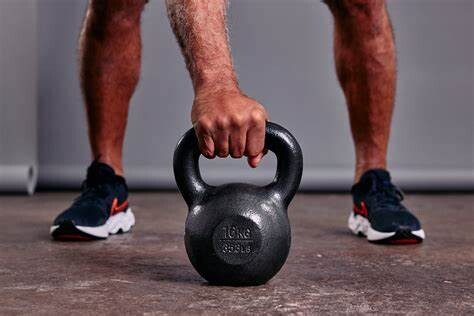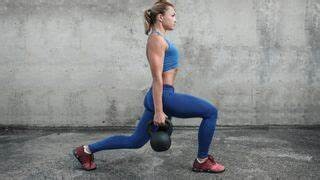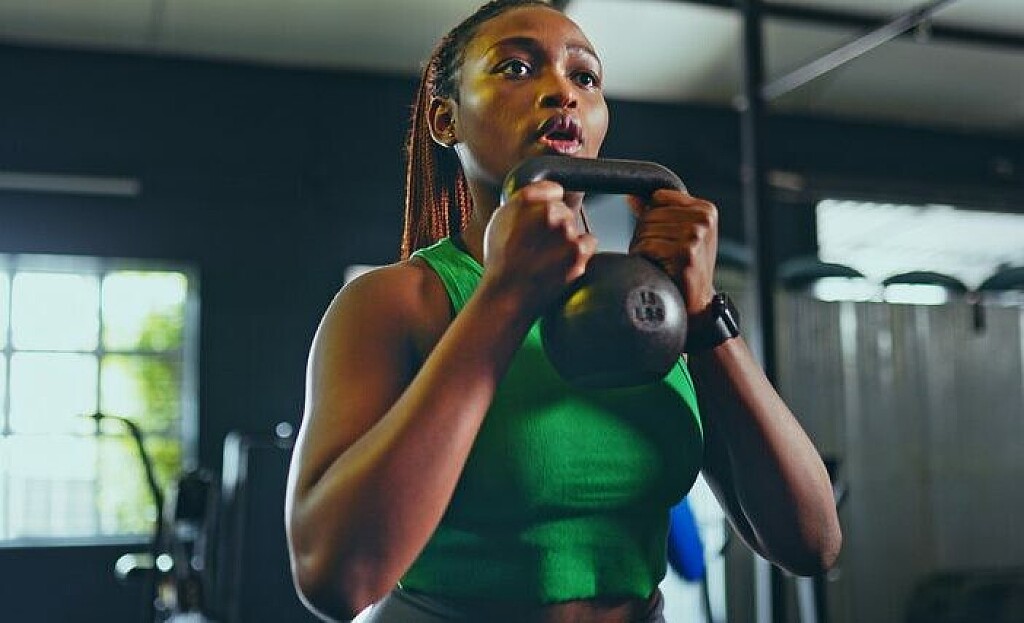Running News Daily
Running News Daily is edited by Bob Anderson. Send your news items to bob@mybestruns.com Advertising opportunities available. Train the Kenyan Way at KATA Kenya and Portugal owned and operated by Bob Anderson. Be sure to catch our movie A Long Run the movie KATA Running Camps and KATA Potato Farms - 31 now open in Kenya! https://kata.ke/
Index to Daily Posts · Sign Up For Updates · Run The World Feed
These kettlebell exercises could be the key to your next PB
Bored of your stale strength training routine? The kettlebell can be a runner’s best friend, and we have the perfect exercises to get you started. Kettlebells are a simple tool ideal for building strength where it matters most, and these exercises target your glutes, hamstrings, core and back—the same areas that take a beating from the repetitive impact of running.
Whether you’re aiming to prevent injuries or boost your speed and power, kettlebell training can deliver solid rewards in minimal time.
What makes kettlebells special? Unlike traditional strength moves, kettlebell exercises fire up multiple muscle groups at once, giving you a full-body workout that translates directly to better running performance on any terrain.
Kettlebell goblet squat

To do a kettlebell squat, hold the kettlebell close to your chest in the “goblet” position, keeping your elbows tucked.
Stand with your feet slightly wider than shoulder-width, toes pointed slightly out.
Lower your hips back and down like sitting in a chair, keeping your chest up and knees tracking over your toes.

Press through your heels to return to standing, squeezing your glutes at the top.
Kettlebell row
For a kettlebell row, place the kettlebell on the ground, hinge at your hips with a flat back, and rest one hand on a sturdy surface for support.
Grip the kettlebell with the opposite hand, keeping your shoulder away from your ear.
Pull the kettlebell toward your ribs by engaging your back, then lower it slowly with control. Keep your core tight and avoid twisting your torso.
Kettlebell swing
Stand with your feet shoulder-width apart and the kettlebell on the ground between your feet Hinge at your hips, keeping your back flat, and grab the kettlebell with both hands, squeezing your arms toward one another.
Hike the kettle back between your legs like a football snap, then thrust your hips forward to swing the kettlebell to chest height.
Let the kettlebell drop naturally, guiding it back between your legs as you hinge again—power comes from your hips, not your arms.
Kettlebell side lunge
Hold the kettlebell with both hands in front of your chest, gripping the handle securely.
Step out to the side, bending the stepping leg into a squat position while keeping the other leg straight.
Keep your chest lifted and shoulders pulled back as you lower yourself.
Push through the bent leg to return to your starting stance. This move strengthens lateral stability and mobility, key for runners navigating uneven terrain or sharp turns.
Stuck trying to figure out how heavy of a kettlebell you need? Experts suggest a weight range (for those new to kettlebell strength) of 12-16 kg (26-35 lbs) for men and 8-12 kg (18-26 lbs) for women, but everyone is unique. It’s important to adjust the size of your kettlebell so that you can maintain slow, controlled movements, focusing on form over weight or speed.
Do 10-12 repeats of each exercise and run through the circuit two or three times. As you get stronger, use heavier kettlebells or add reps.
by Keeley Milne
Login to leave a comment




